Victim Much? A Guidebook (Asking for a Friend Of Course)
Let’s get right to it. When was the last time you had a pity-party? You know, somebody let you down (perhaps this person was you), you then wrote a compelling best-selling drama in that head of yours deeming it an unfair situation, then proceeded to peace out and sulk (slowly) in the coziness of your favorite chair—the victim seat. For me, this was probably last Wednesday.
In fact, why stop at victim? Victim, rescuer, and persecutor are all tempting roles we each play, albeit unconsciously. It’s even probable you’ve explored these three destructive relationship roles within a matter of days or hours. Here’s a great example.
You are having the vacation of your dreams. You’ve spent the last ten days exploring, eating, and indulging your way through Italy and now you’re set to return home. As you settle back into your daily routine, you notice an extra five pounds mysteriously came back with you. You feel gross and beat yourself up a little (enter persecutor, stage right).
You decide you’re going to remedy this situation so you cut out all carbs, eat mostly kale prepared in every which way, and work out like a maniac for the next week (now the rescuer joins you from stage left delivering her clever and very convincing monologue). However, two days in you’re starving and extremely irritable and just too tired to wake up at the crack for that grueling hour of Orange Theory. A pepperoni and mushroom pizza followed by some Ben & Jerry’s would take the edge off just fine.
Guilt-ridden and sensing some indigestion, you get under the covers and go to sleep. Life is too hard and you’re quite simply a failure. The world is a pistachio-flavored mess and you’re powerless in her grip. (Ah, the intoxicating voice of victim slowly lowers down from the rafters lulling you to tears with her gut-wrenching finale…literally).
Can I get a witness?
Whether you’re currently stuck in the trappings of a similar triangle, or are the victim of a much more serious predicament, I believe it’s necessary to understand what’s happening and learn to choose something different. We’ve all been called to something higher and, let’s face it, victim simply isn’t much fun if we’re really honest.
I’m convinced everything in life is relational; that’s why we must explore the toxicity and damage we fall prey to when we inhabit these three roles. They are insidiously subtle, making it almost impossible to detect when we move into and through them. Why? Chances are we observed others modeling that behavior around us growing up—subconsciously building them into our relational structural DNA. Quite simply, these roles may feel familiar yet undetectable. No, I’m not blaming it on your mother, I’m merely saying she may not have had the best teacher either and was doing the best she could at the time.
When we understand the cold hard facts behind victim, rescuer, and persecutor, we can easily recognize the payoff involved and bust their chops, making it easy to access a way out of those childlike corners and into our mature, adult selves.
Today, I want to focus in on victim as it can often feel the trickiest to detect and get out of.
There is always a payoff for this destructive spiraling behavior...always. Otherwise our wise adult-governed self would remain in the driver’s seat forcing that reactive monkey brain to ride shotgun (or better yet...hit the back seat). If there wasn’t a payoff, we simply wouldn’t bother.
It’s indulgent yet also painful to sit in victim. After all, legitimate hurt and/or harm have landed us squarely into this role and it feels horrible—powerless. Yet oftentimes we stay in victim far longer than necessary. Why? Those payoffs we talked about.
Here’s a few of them:
-Avoiding responsibility (“it’s not my fault” or “look what they did to me”)
-Getting attention
-Collecting sympathy (Poor, pitiful me…)
-Getting to be “right” (in order to justify a resentment)
-Proving myself to be “wrong” (in order to justify low self-worth)
So what now?
The minute that old victim Lazy Boy starts to feel a bit too cozy, catering to one or more of those old payoffs, I invite you to ask yourself one simple question: What is my part in this and how can I own it? At the core of that victim mentality is a need attached to a wound, a need that I must tend to. If I’ve had a misunderstanding with someone and feel betrayal or judged, my need is self-compassion and perhaps an honest conversation for clarification and resolve. I must own my part in making that happen instead of having a pity-party in the fetal position on my bedroom floor like a petulant child. Yes, it’s totally unsexy, but it’s also completely responsible.
When we own our part, we create a new, powerful way out of victimhood. We now assume the role of creator in our experience, cashing in the small but familiar payoff we grew accustomed to receiving. This shift in behavior is incredibly simple, yet so empowering and life-giving in relationships. Perhaps the most invigorating part of this shift is the creative freedom found in taking responsibility for your own happiness. You’ve stepped out of the confines of co-dependency. You’ve put your ego in its place. You are rocking those big girl pants.
Welcome to the next level—you’ve officially quit playing small.
Love and Gratitude,
Katie

